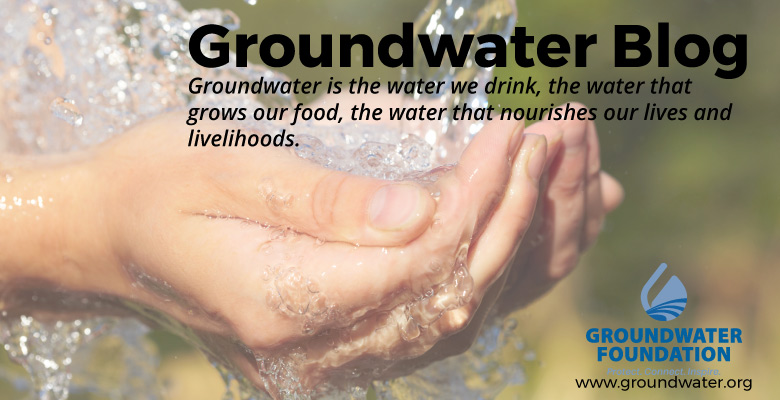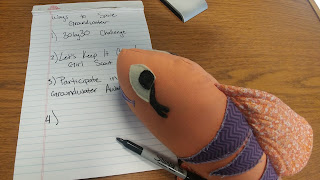With so much snow and ice on the ground, it’s important that
we stay safe on our way to work or school.
Many cities use big trucks carry loads of salt and sand to spread on the
roads and sidewalks. This mixture melts
ice and prevents it from forming again so that we can travel around without
slipping.

Once the ice is melted, though, the water mixes with the salt and the runoff can cause the groundwater and surface water to become contaminated. Here’s some ways you can help limit contamination from your home this winter.
1. Shovel early and shovel often. Frannie thinks its fun to shovel snow when it's not too thick and heavy.
2. To limit salt pollution, don't use too much salt or ice-melt. You only need about a handful for each square yard of concrete and using more doesn't actually work better.
2. To limit salt pollution, don't use too much salt or ice-melt. You only need about a handful for each square yard of concrete and using more doesn't actually work better.
3. Sand and kitty litter can stop you from slipping, but they don't melt snow. Too much of it can even clog sewers, so remember to sweep up and throw away any extra that is left after the ice is gone.
4. Try an eco-friendly alternative to ice-melt and sand such as cracked corn, alfalfa meal, or beet juice. While you should still be careful not to over-use them, these ingredients are shown to be less harmful than traditional ice treatments.
We can have fun, stay safe, AND keep winter clean together!










